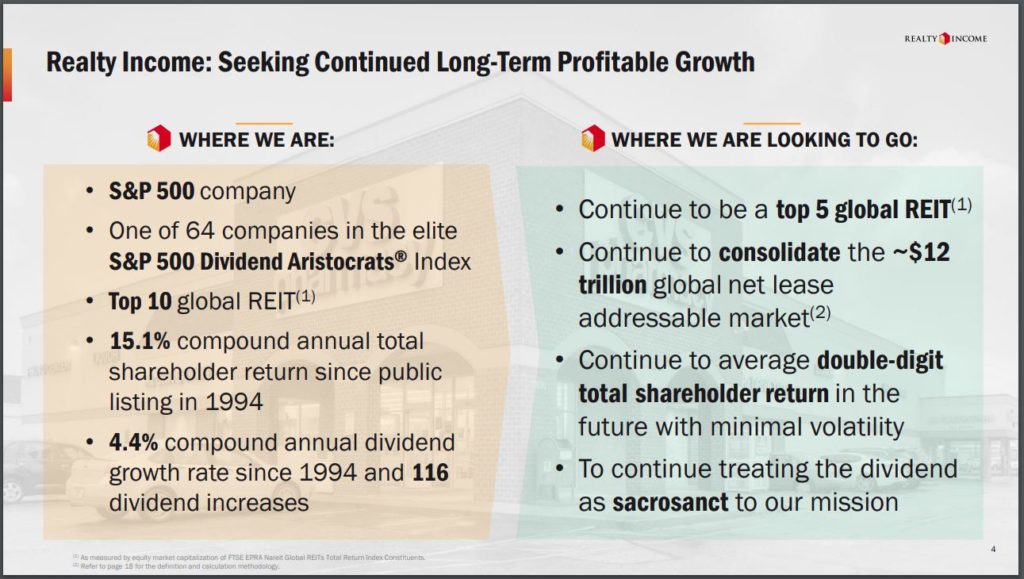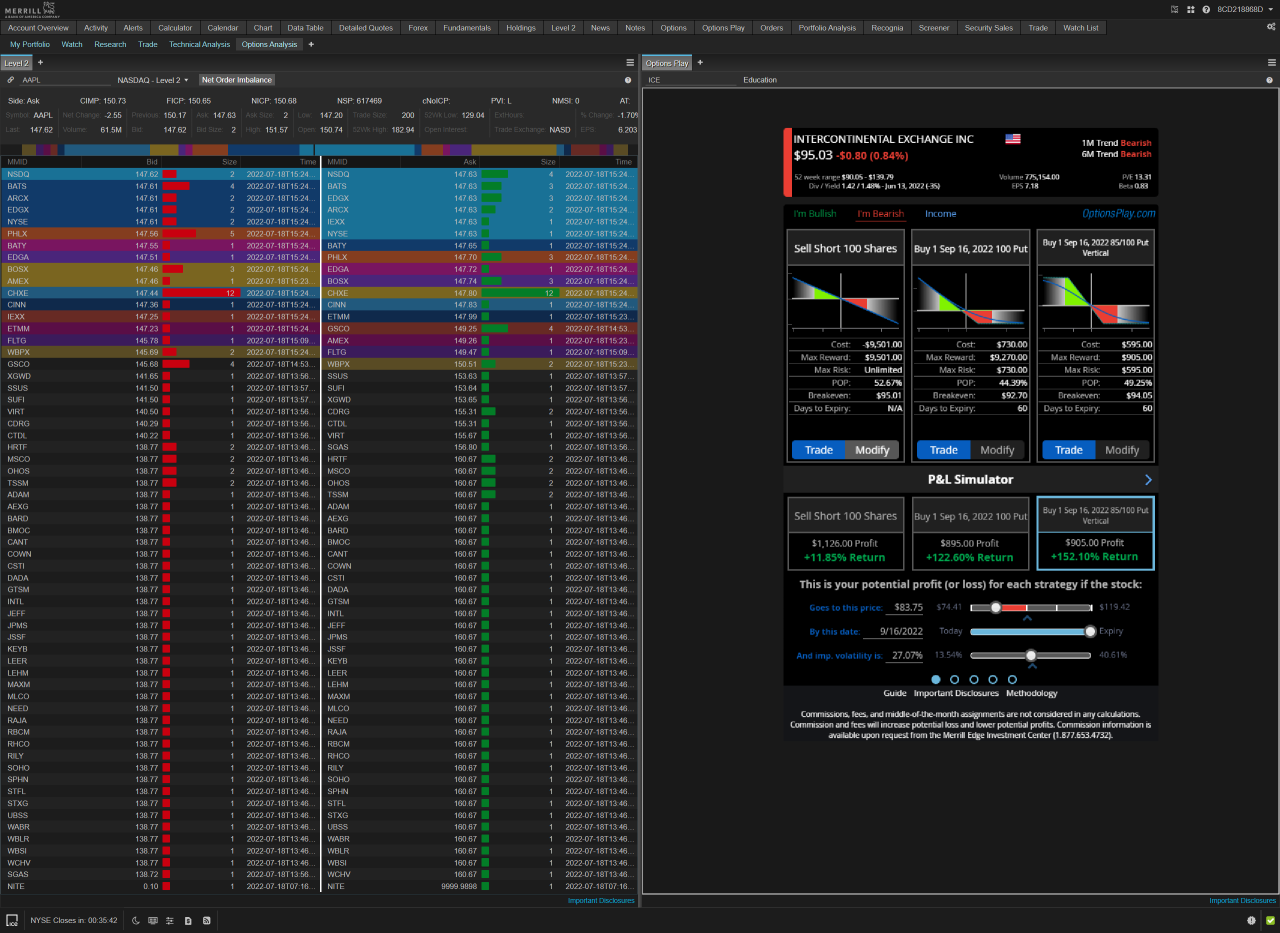Exploring the realm of Comparing Business Owner Policies (BOPs) for Small Firms, this introductory passage sets the stage for a deep dive into the intricacies of insurance policies tailored for small businesses. It promises a blend of insightful information and practical advice, making it a must-read for entrepreneurs seeking to protect their ventures effectively.
Delving further into the nuances of coverage options, costs, customization, and policy flexibility, this discussion aims to equip small business owners with the knowledge needed to make informed decisions for their insurance needs.
Overview of Business Owner Policies (BOPs)

A Business Owner Policy (BOP) is a comprehensive insurance package designed specifically for small businesses, offering a convenient way to protect against various risks in one policy.
Typical Components of a BOP
- Property Insurance: Covers the physical location of the business and its contents against damage or loss.
- General Liability Insurance: Protects the business from claims of bodily injury or property damage caused by the business operations or products.
- Business Interruption Insurance: Helps cover the loss of income during periods when the business is unable to operate due to a covered event.
- Optional Coverages: Additional options such as cyber insurance, commercial auto insurance, or professional liability insurance can be included based on the specific needs of the business.
Benefits of Opting for a BOP
- Cost-Effective: BOPs typically offer bundled coverage at a lower cost compared to purchasing separate policies for each type of insurance.
- Simplified Management: With a BOP, small business owners deal with a single policy, making it easier to understand coverage and manage insurance needs.
- Customizable: BOPs can be tailored to suit the unique requirements of different businesses, providing flexibility in coverage options.
- Comprehensive Protection: By combining multiple coverages into one policy, BOPs offer a more holistic approach to risk management for small firms.
Comparing Coverage Options
When comparing Business Owner Policies (BOPs) for small firms, it is important to understand the different coverage options available and how they can vary between providers.
Property Damage Coverage
- Most BOPs include coverage for property damage, which protects your business property, such as buildings, equipment, and inventory, from perils like fire, theft, or vandalism.
- Coverage limits can vary between providers, so it's essential to review and compare the maximum amount each policy will pay out in the event of property damage.
- Some BOP providers may offer additional endorsements or options to increase coverage limits for specific items or types of property.
Liability Coverage
- Liability coverage in a BOP protects your business from claims of bodily injury or property damage that occur on your premises or as a result of your operations.
- Coverage limits for liability can also differ between providers, so it's crucial to assess the maximum protection each policy offers.
- Some BOPs may include coverage for legal defense costs in addition to the liability limits, providing extra financial protection for your business.
Business Interruption Coverage
- Business interruption coverage helps replace lost income and cover ongoing expenses if your business operations are disrupted due to a covered peril, like a fire or natural disaster.
- Providers may have varying limits on how long they will pay for business interruption and the extent of coverage for expenses like rent, payroll, and utilities during the interruption period.
- It's essential to compare the business interruption coverage terms and limits to ensure your business is adequately protected in case of a prolonged shutdown.
Premiums and Cost Considerations
When it comes to Business Owner Policies (BOPs), understanding how premiums are calculated and managing costs effectively is crucial for small firms. Let's delve into the factors that influence the cost of a BOP and strategies to help small businesses navigate premium considerations.
Factors Influencing BOP Costs
- The type of business: Certain industries are considered riskier than others, leading to higher premiums. For example, a construction company may have higher premiums compared to a retail store.
- Location: The geographical location of the business plays a role in determining premiums. Businesses located in areas prone to natural disasters or with high crime rates may face higher costs.
- Business size and revenue: Larger businesses with higher revenues may have higher premiums due to increased risk exposure.
- Claims history: A business with a history of frequent claims may see an increase in premiums as it indicates a higher level of risk.
Managing BOP Premiums Effectively
- Bundle policies: Combining multiple coverages within a BOP can often lead to cost savings compared to purchasing individual policies separately.
- Implement risk management practices: Taking steps to reduce risks within the business, such as improving workplace safety or implementing security measures, can help lower premiums.
- Review coverage limits: Regularly reviewing coverage limits to ensure they align with the business's needs can prevent overpaying for coverage that is not necessary.
- Shop around: Comparing quotes from different insurance providers can help small firms find the best coverage at competitive rates.
Customization and Additional Coverages
When it comes to customizing a Business Owner Policy (BOP) for a small firm, the process typically involves working closely with an insurance agent or broker to assess the specific needs and risks of the business. This may include evaluating the property, liability, and other potential exposures to determine the most suitable coverage options.
Common Additional Coverages
- Business Interruption Insurance: Provides coverage for lost income and ongoing expenses if the business is forced to close temporarily due to a covered loss.
- Cyber Liability Insurance: Protects against data breaches, cyber-attacks, and other cyber-related risks that may compromise sensitive information.
- Employee Practices Liability Insurance: Covers claims related to employment practices, such as discrimination, harassment, or wrongful termination.
Specialized Coverage Options
Some industries or businesses may require specialized coverage options to address unique risks. For example, a restaurant may need spoilage insurance to cover perishable food items in case of a power outage, while a technology company may benefit from errors and omissions insurance to protect against claims of professional negligence.
Insurance Providers and Policy Flexibility
When it comes to Business Owner Policies (BOPs) for small firms, the choice of insurance provider plays a crucial role in determining the flexibility of the policy. Small business owners must carefully evaluate different insurance providers to ensure they can tailor the BOP to meet their specific needs.
Comparison of Insurance Providers
- Insurance Provider A: Offers a wide range of customization options for BOPs, allowing small business owners to add or remove coverages based on their requirements.
- Insurance Provider B: Focuses on providing cost-effective BOPs with essential coverages, ideal for small firms operating on a tight budget.
- Insurance Provider C: Known for its exceptional customer service and quick response times, ensuring that small business owners can easily make changes to their BOPs when needed.
Flexibility in Tailoring BOPs
- Small business owners have the flexibility to adjust coverage limits, add endorsements, or choose specific coverages based on their industry and risk factors.
- By working closely with their insurance provider, small business owners can create a customized BOP that provides comprehensive protection without unnecessary coverage.
Choosing a Reputable Insurance Provider
- It is essential for small business owners to select a reputable insurance provider with a proven track record of reliability and financial stability.
- Reputable insurance providers offer transparency in their policies, clear communication, and efficient claims processing, ensuring that small business owners have peace of mind.
- By choosing a reputable insurance provider, small business owners can trust that their BOP coverage will adequately protect their business in case of unexpected events.
Closing Notes
In conclusion, the journey through the intricacies of Comparing Business Owner Policies (BOPs) for Small Firms unveils a landscape rich with opportunities for safeguarding business interests. By understanding the nuances of coverage options and cost considerations, small business owners can navigate the insurance market with confidence, ensuring a secure future for their enterprises.
Detailed FAQs
How do insurance providers determine premiums for BOPs?
Insurance providers calculate premiums based on factors like the size of the business, industry risks, coverage limits, and past claims history.
Can small firms add additional coverages to their BOPs?
Yes, small firms can customize their BOPs by adding coverages such as cyber liability, equipment breakdown, or professional liability insurance.
Are there specialized coverage options available for specific industries?
Absolutely, insurance providers offer specialized coverage tailored to industries like construction, healthcare, or technology to address unique risks these businesses face.




